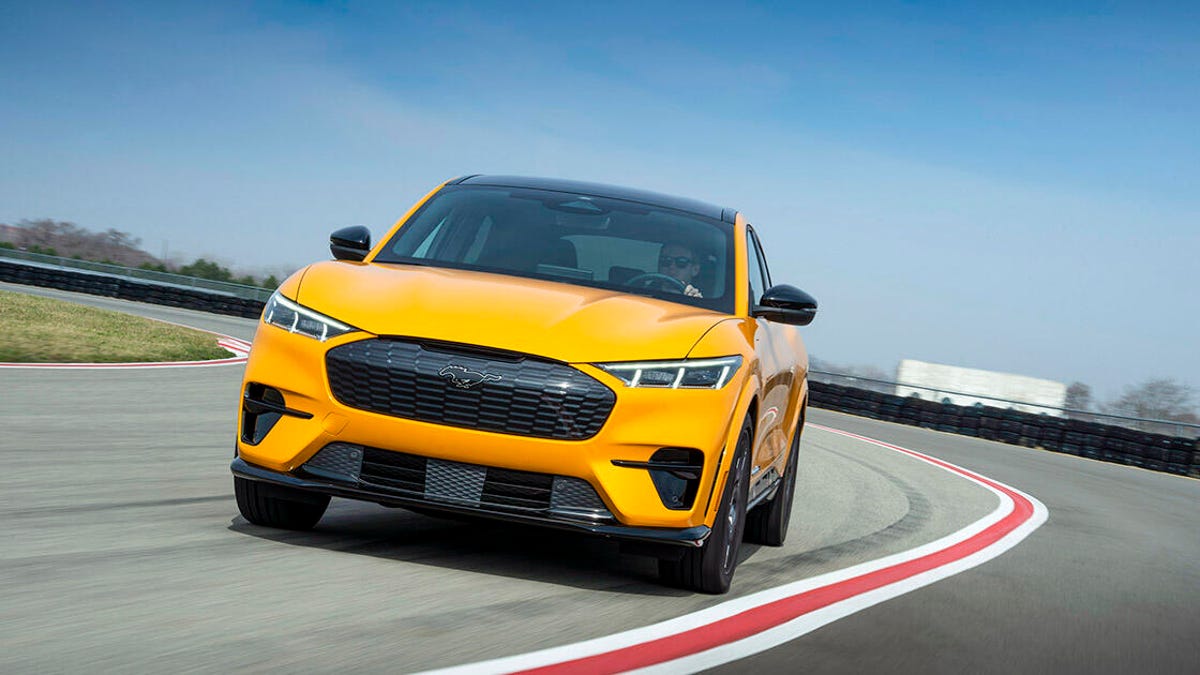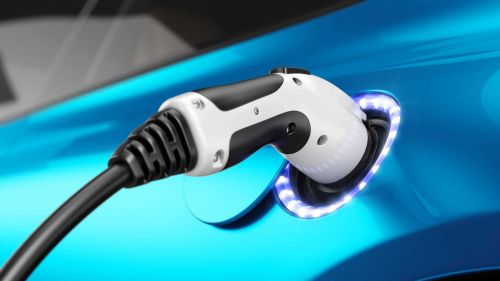The article's last line I found most interesting:
Flooded Teslas are catching fire in Hurricane Ian's wake
Firefighters in Florida are tackling EV fires as many were flooded with saltwater during Hurricane Ian.www.yahoo.com
"It’s worth noting that EV fires are exceedingly rare, despite their ability to make headlines. There are fewer EV fires per 100,000 vehicles than there are for gas or hybrid cars."









